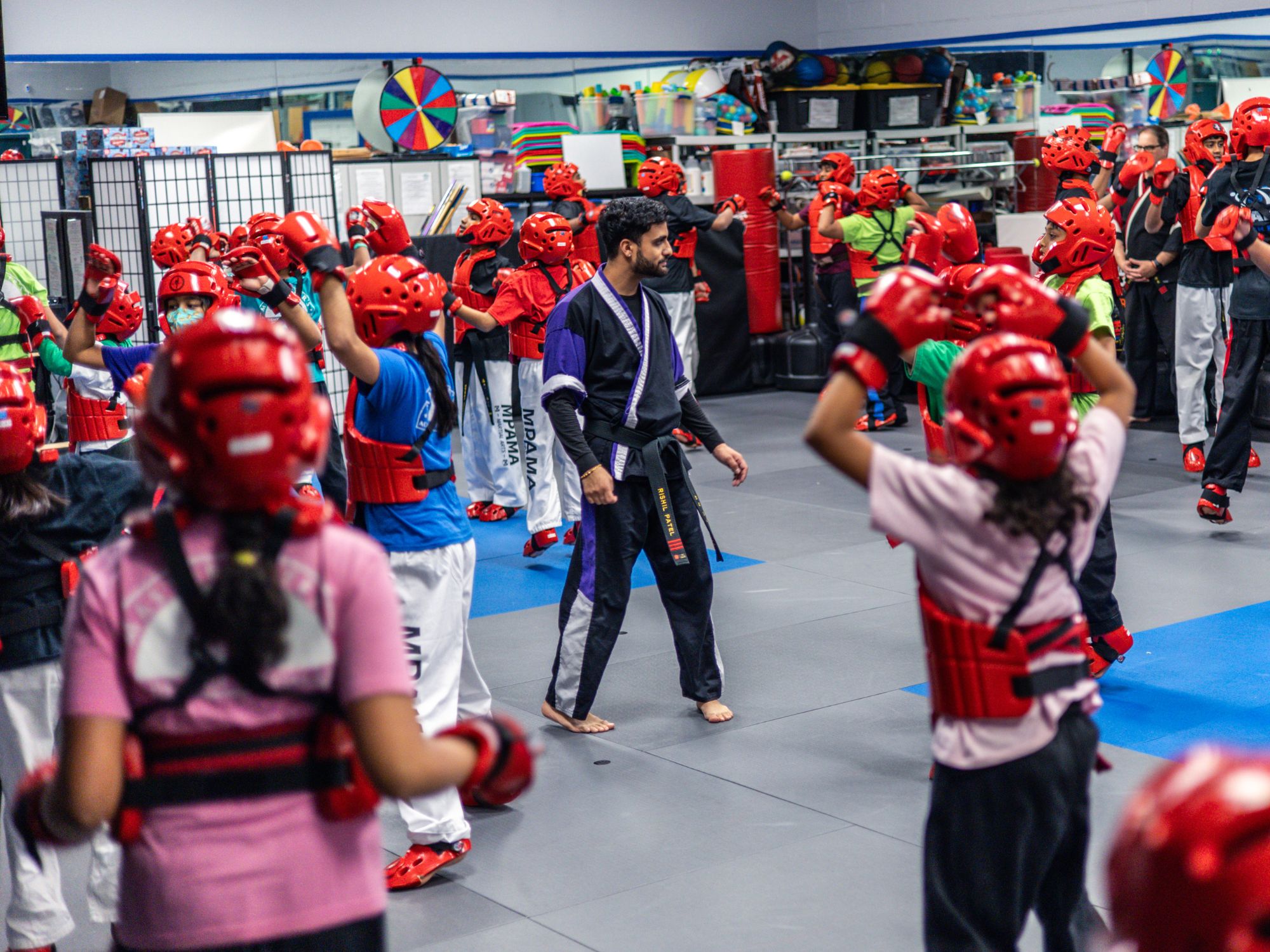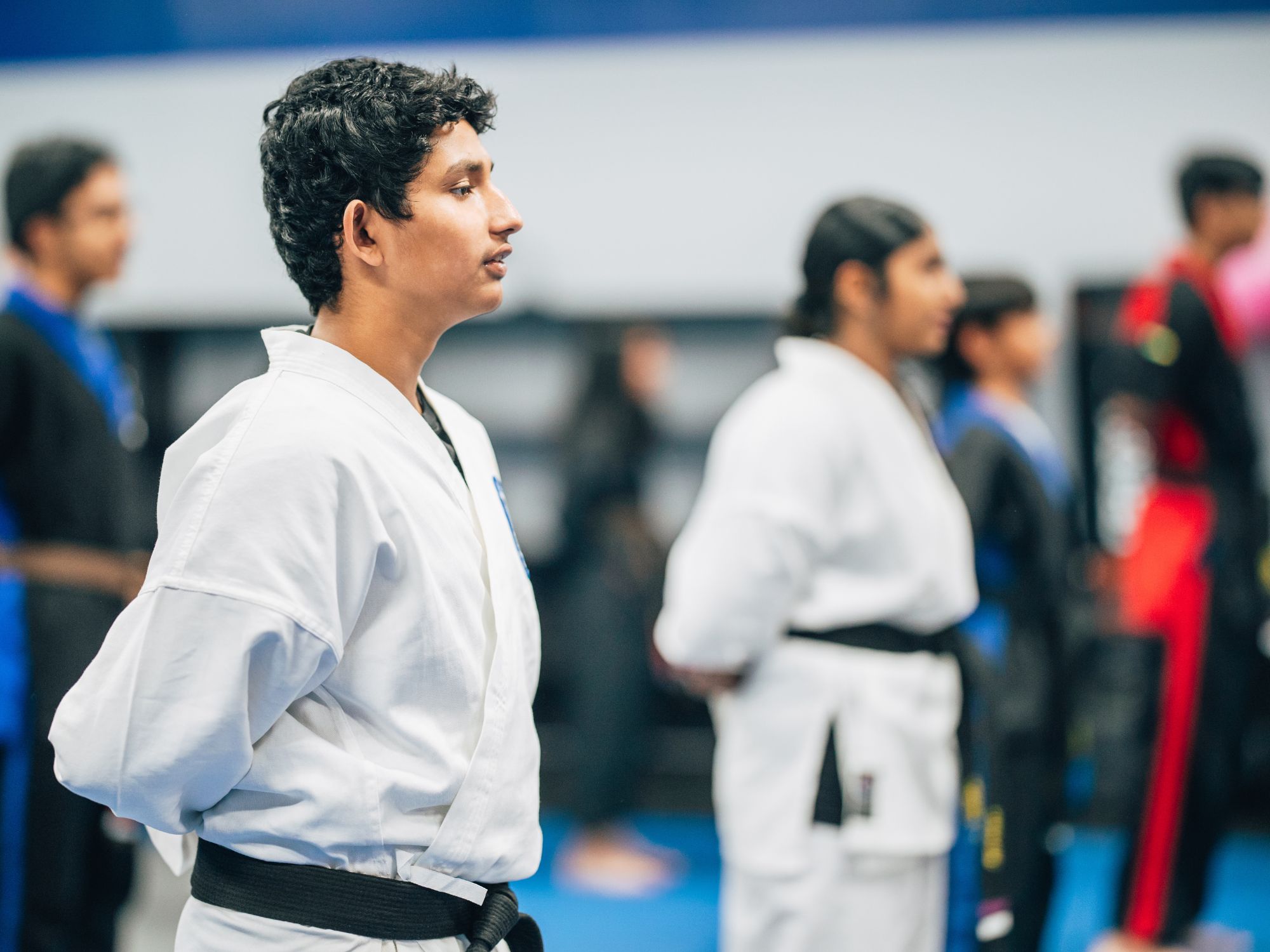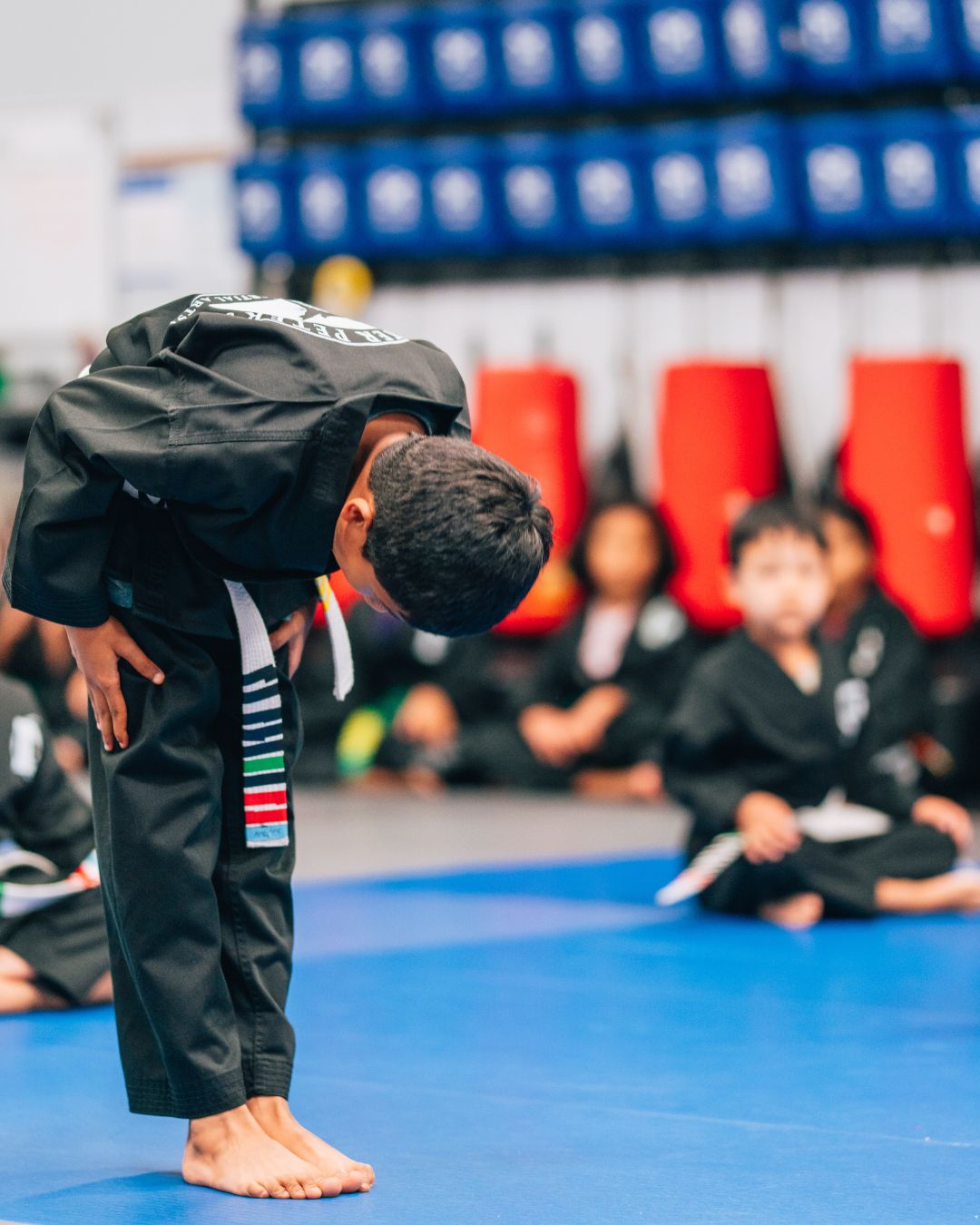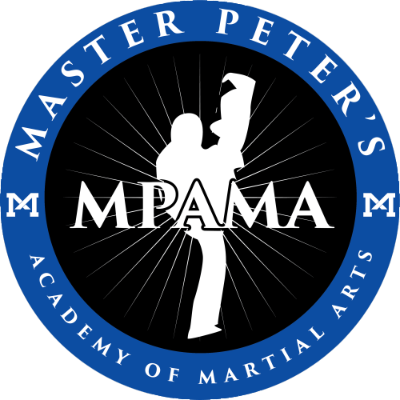Children today face more distractions than ever before. Between screens, social schedules, and the fast pace of daily life, it’s easy for them to lose focus on what’s happening around them. That’s where martial arts training makes a difference. At its core, martial arts teaches students to be aware of their surroundings, their actions, and the people around them. This skill, called situational awareness, is one of the most valuable lessons a child can develop in order to not just keep themselves safe, but for success in school, relationships, and life.
Observational Skills
In martial arts, students quickly learn that awareness begins with paying attention. From the moment they step onto the mats, they must take notice of details: where their partner stands, how their instructor moves, and what adjustments they need to make. The constant necessity for observation builds a habit of focus that transfers directly to school and daily life. Children who practice noticing small details are better able to follow directions in class, understand social cues, and make thoughtful decisions in new environments.

An instructor stands in the center of a busy sparring class.
Self-Control
Situational awareness also requires the ability to manage one’s emotions, reactions, and impulses, otherwise known as self-control. During training, students face challenges that require them to stay calm under pressure and think before acting. They learn to pause, breathe, and assess the situation before responding. Over time, this translates to real-world confidence. Whether it’s handling a tough exam or a disagreement with a friend, martial arts students learn to respond with thoughtful clarity instead of reacting impulsively.

Black Belt students stand tall with hands behind their backs as they begin their belt test.
Respect & Empathy
True awareness goes beyond taking note of the surroundings; it includes understanding how one’s actions affect others. In every class, students practice bowing to their instructors and peers, listening respectfully, and training safely with partners. These habits foster empathy and respect, which are two qualities that make children more aware of others’ feelings and perspectives. In school, this awareness helps them work better in teams, avoid conflicts, and build positive relationships with classmates and teachers alike.

A White Belt student bows deeply to the instructor at the end of a form during his belt test.
The MPAMA Way
At Master Peter’s Academy of Martial Arts, situational awareness is woven into everything we teach. We don’t just focus on physical skills, we help students develop the mental habits that make them strong, confident, and alert in every situation. Through engaging drills, character-focused discussion, and consistent reinforcement, our instructors help students understand not only what to do, but why awareness matters. We believe that every child can grow into a leader who pays attention, makes smart choices, and looks out for others!
Conclusion
Situational awareness is a life skill that goes beyond just martial arts. When children learn to observe, think critically, and act with intention, they become better students, friends, and leaders. Through consistent martial arts training, they gain the awareness to recognize opportunities, avoid mistakes, and make decisions that guide them toward success both on and off the mats.
Master Peter’s Academy of Martial Arts provides top-notch martial arts training for kids, teens, and adults in Dayton, South Brunswick, Monmouth Junction, Kendall Park, Princeton, Cranbury, East Windsor, Monroe, Jamesburg, Robbinsville, and Bordentown.








